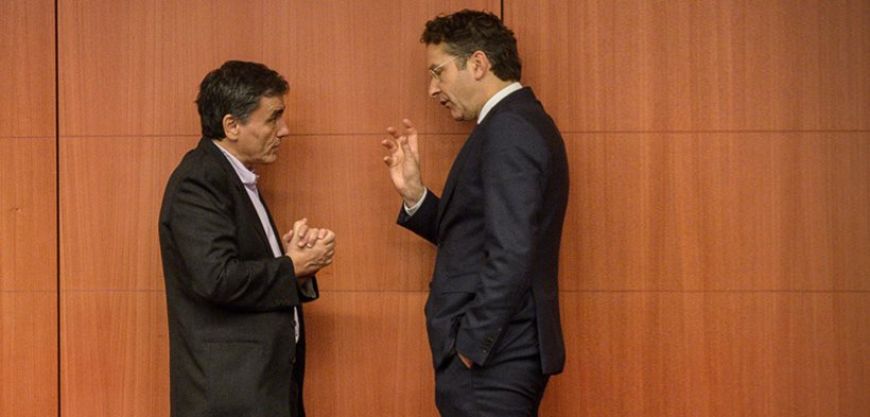The Greek government celebrates the agreement reached on yesterday’s Eurogroup meeting between Greece and its lenders which will lead to the disbursement of the next tranche of 10.3 billion euros.
However, based on Eurogroup’s joint statement released after the conclusion of the meeting, as well as the statements made by Jeroen Dijsselbloem, Pierre Moscovici and Klaus Regling, there are many unclear points.
Firstly, the government decided to conceal the reference to a supplemental MoU that is needed in order to disburse the tranche which should be approved by national parliaments.
During the press conference, Klaus Regling talked about ‘selling all loans to foreign funds’, as one of the changes that must be made in order to proceed with the disbursement of the tranche. However, the omnibus bill already passed in Greek parliament provides the selling of performing and non-performing loans, while the first residence will be protected only until 31 December 2017, if the objective value does not exceed 140,000 euros.
The third unclear point is the list of prior actions. The lenders are asking to change them in order to give the green light to disburse the tranche. During the press conference, the need for changes in social security system was clearly mentioned.
Moreover, it is important to highlight the statement made by Jeroen Dijsselbloem who said that “Greece will remain under supervision after the end of the program” (2018).





































